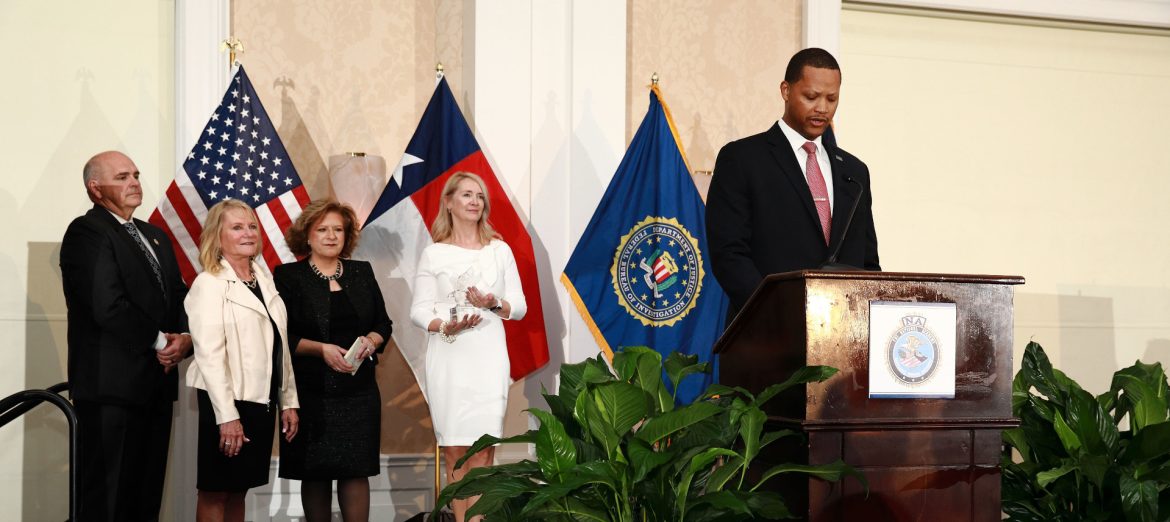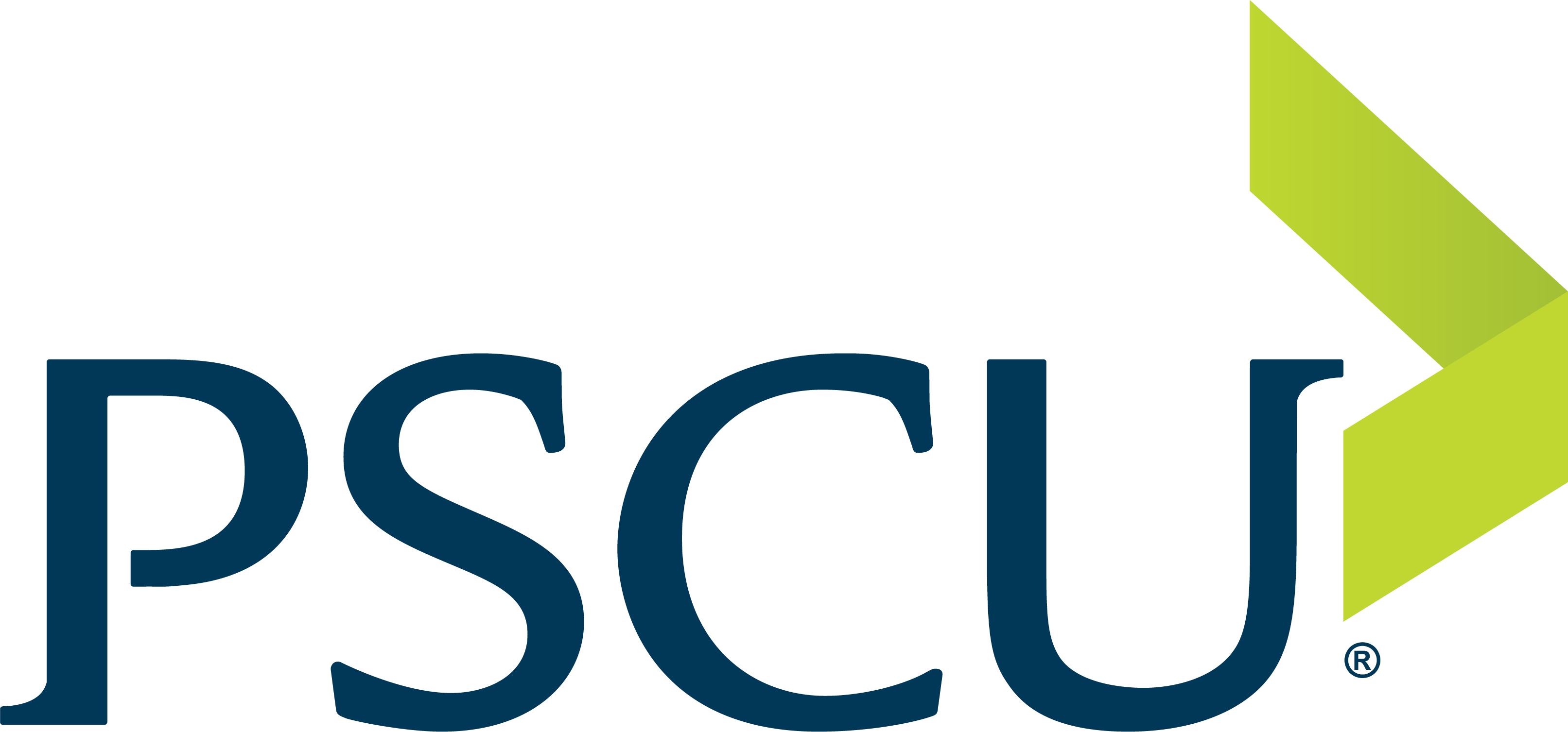Justice Federal Credit Union
weighing the financial options for its legal and federal base
With members stemming from both the federal and legal arenas, Justice Federal Credit Union works to ensure financial options that fit the bill
While all credit unions seek to offer financially flexible solutions for their valued members, Justice Federal Credit Union goes one step further to ensure that its members working within the legal and federal realm are provided with options that suit their unique financial needs with tangible results.
The Department of Justice Federal Credit Union was founded in 1935, at the height of the Great Depression, when 12 employees at the Department of Justice (DOJ) pooled their monies together to extend loans to their fellow employees in need. It began with $131 in assets and 41 charter members.
Today, the renamed Justice Federal Credit Union has over $936 million in assets, a corporate headquarters in Chantilly, VA, and 19 branches across eight states and the District of Columbia. The member-owned, financial cooperative provides financial services nationwide, exclusively, to employees of the Department of Justice, the Department of Homeland Security, the Georgia Department of Public Safety, law enforcement communities, their family members, related associations, and contractors. Its 155 employees currently serve over 63,000 members, providing a wide range of financial products and services, including lines of credit, auto and real estate loans, credit cards, and savings deposit options.
Mark Robnett has been Justice Federal’s President & CEO since 2018, after serving as its Executive VP and Chief Information Officer since 2013. Recently, Business View Magazine spoke with Robnett to find out more about the company, as well as his vision for Justice Federal, and his agenda for its future. The following is an edited version of that conversation.
BVM: Mark, can you begin by talking about Justice Federal’s mission as you see it?
Robnett: “Well, it was founded on the principle of making small loans to fellow employees during the Great Depression. And for almost 90 years, we have continued to exclusively serve members of the justice and law enforcement communities across the nation. I feel that’s a great mission. To me, that’s very important and very powerful because we’ve been very diligent about staying true to the reason we are here.”
BVM: What do you see as the main difference between a credit union and a bank?
Robnett: “Our purpose is different. We’re not in it just for the dollar; we deeply care. We hang our hat on member services because we have a vested interest in that person’s financial success. If their finances are in order, that’s a basic building block to overall happiness. The credit mantra of ‘people helping people’ really does tell how we see ourselves and our purpose. We’re trying to find ways to help our members live a better life, whether that’s saving, borrowing, planning for the future – all those things are important to us.”

BVM: How did the COVID-19 pandemic affect those members’ lives?
Robnett: “The COVID-19 pandemic brought about new challenges in the workforce. It caused a great number of retirements and some people just resigned. People were re-evaluating work and their relationship to work – what it meant to their lives. And studies show that 64% of Americans consider themselves financially unhealthy. With all this going on, what we found was there was a great impact on mental health, specifically on law enforcement. So, we were approached by some of our affinity partners and members to construct and offer financial wellness seminars to help our members deal with this.”
“We sent some people through certified financial counseling classes; we conducted numerous financial wellness seminars across the country, in person as well as virtual, to put folks in a better place and to help them grapple with, and understand, their financial interests. We also partnered with the Concerns of Police Survivors (C.O.P.S.), which is a partner of ours at their trauma and law enforcement sessions. These were held in major cities like New York, Atlanta, Chicago, Dallas, etc. We were able to talk with their members, as well as our members, about financial wellness; how to prepare for tomorrow; how to deal with the challenges of today. It was very rewarding for us and served a great need for them.”
BVM: How did the pandemic affect operations at Justice Federal?
Robnett: “Regarding the technological changes, the advancements that occurred – it was ten years of technical evolution in a year or two. We saw further adoption of digital paying during the pandemic, which was good for us because we had invested heavily in technology before it. We launched a new, robust, and resilient digital banking platform that helped us through the pandemic.”
“The whole principle behind having this technology is to create a frictionless experience for our members. We’re not a huge bank with super deep pockets, but what we do try to do is think about this from a human perspective and a user experience perspective, and we try to give our members the best experience we can and as simple as we can. For example, remote deposit capture is a way that you can deposit a check on your phone without having to visit a branch. We also offered new consumer lending and account opening solutions.”
“Technology is really important, specifically to the younger generation, although COVID pushed this to the older demographic. Those who had put off adopting, kind of leaned in during the pandemic. So, now we’re seeing some of our older members taking advantage of the technology we have. We saw great adoption of that during the pandemic and it hasn’t abated.” “So, on the technical front, that changed things for my people; we had to adjust to the technologies that we invested in. And as things pan out with improvements, we’re not going to go back. The behaviors that set in due to the pandemic are pretty much here to stay.”
“And, in an indirect way, the supply chain issues have affected our members. Inflation is high so they’re spending more on the same goods and services. They’re a little less rich than during the pandemic when people were saving. There was also all the government support that was going on during that time. Our members are spending more, so we had to get better – find more efficient ways to serve them as their needs continue to evolve and we work our way, hopefully, through the last vestiges of the pandemic.”

BVM: You’re an IT expert. Can you talk about how Justice Federal deals with the issues of security and cybercrime?
Robnett: “There was a time when most businesses, and specifically financial institutions, hosted everything; it was commonplace and if you were a certain size, you could manage it. Well, things have evolved mightily since then and so, we’ve taken a concerted effort to migrate many of our critical systems to the cloud – not just for security, but for resiliency, as well, and for disaster recovery to make sure that our systems are up 99.9% of the time. So, we’ve migrated a lot of our primary systems to the cloud with different vendors and employed next-generation security tools to support us.”
“There is a growing emphasis on fraud – it’s always been with us, however, it has accelerated, I think, during the pandemic. Now that we may be headed toward a recession, it’s accelerated even more. So, we have to be more diligent in detecting and informing our members how we are reacting to it. Having these systems in the cloud and employing artificial intelligence and some business intelligence tools, we’re able, hopefully, to predict our members’ behavior. So, when we see things that aren’t indicative of that person, then we can try to lock down the account and contact a member to be aware that there are some fingerprints or something that appears to be a fraud. That protects the member and protects the institution, as well.”
“We were also one of the first credit unions to get a stand-alone cyber insurance policy, which was something new years ago. Some of that has to do with the type of credit union that we are. It’s important. For me, it was because the insurance companies hadn’t quite figured out how important it was going to be. Well, they’re aware now because of the number of intrusions. And the complexity of the attacks has just accelerated. And most of these attacks are automated; it’s not a person at a computer trying to get in. Thousands upon thousands of cyber-attacks are happening every second with the hope that even one of them is successful, making the whole exercise worthwhile.”
BVM: Who are some of those technology vendors you mentioned that you partner with?
Robnett: “We’ve used the Symitar Episys platform for about 20 years – their commitment to advancing that technology has been appreciated. Their focus on the credit union industry has enabled credit unions to continue their evolution. The whole industry has accelerated – it’s gotten a lot harder for smaller institutions to make it. You need strong partners that understand some of your challenges if you’re going to not just survive but flourish. So, partnerships – like with Symitar and with PSCU, the nation’s premier credit union service organization (CUSO) and an integrated financial technology solutions provider, which has been a strong supporter of ours as well – are very important.”
“If you don’t understand the impact that technology has made on the business, you’re no longer in business. For all practical purposes, I’m a data company now. And how I manage my members’ data and leverage that relationship will determine how successful we can be. And I think every credit union will start to see it that way if they haven’t already.”
BVM: What are some of your goals and priorities for Justice Federal going forward?
Robnett: “Leveraging data intelligence, introducing AI (Artificial Intelligence), and trying to use machine learning. AI is here to stay; it’s only going to get more robust as we go forward and I’m concerned with the machine learning aspect of it. This is where we can take rudimentary jobs and we can train technology to do these things for us so that human capital can be deployed on harder problems. Moving away from button pushers and deploying machine learning means that we can do more things in real time. In the old world, we did things at a specific interval; the world has changed and our members demand that we have a certain experience and that things are more real-time.
“They can make a payment and see it reflected right away, for example. This is where we’re headed. We’re all looking to optimize, to get more efficient, and to leverage technology responsibly to accelerate the credit union, and then deploy the human capital for much harder problems that require critical thinking.”
BVM: Any final thoughts about Justice Federal’s role as a member-centric financial institution?
Robnett: “Most people aren’t coming to us because they’re simply looking for a financial home; they typically have a need. And that need is often a consumer product – an auto loan or a credit card, for example. By simplifying that and helping the member come to a decision, it shows confidence in us – that we’re delivering and, hopefully, they’ll come back and visit us again for their next need. And we become that person’s primary financial institution, which is important in today’s world. When people establish a relationship, it’s hard to get them off of it because they’re comfortable. So, we want to establish that relationship early and solidify it as they go forward.”
AT A GLANCE
Justice Federal Credit Union
What: A credit union offering financial solutions and services to its legal and justice membership base
Where: Chantilly, Virginia
Website: https://www.jfcu.org/
PREFERRED VENDORS
PSCU – www.pscu.com
PSCU, the nation’s premier payments CUSO and an integrated financial technology solutions provider, supports the success of more than 2,400 financial institutions and processes nearly 7.7 billion transactions annually. Committed to service excellence and focused on continuous innovation, PSCU enables credit unions to securely grow and meet evolving consumer demands.




